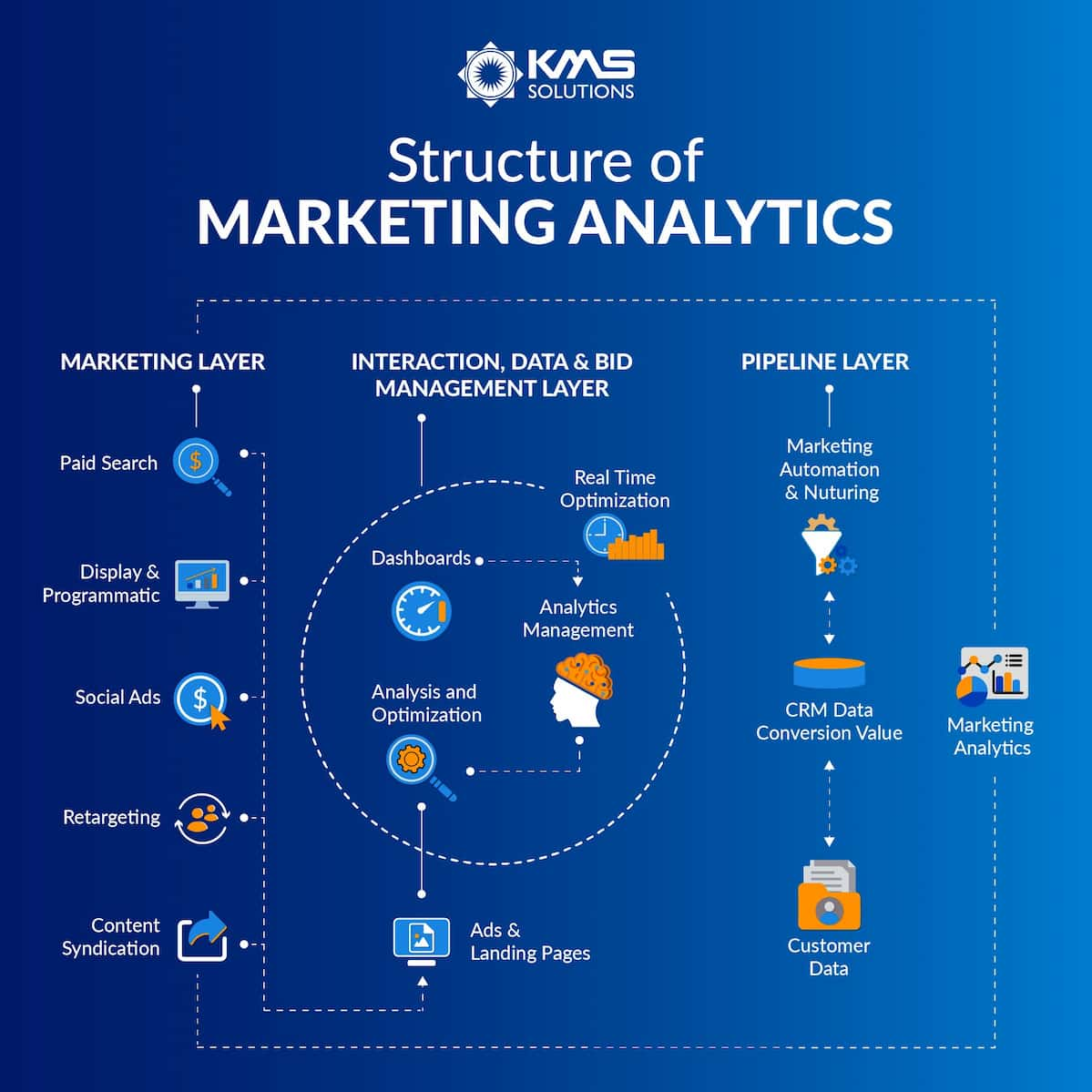Marketing analytics is vital for understanding and optimizing your online presence. It helps businesses track engagement, predict trends, and make informed decisions.
In today’s digital age, marketing analytics tools like CutMe Short are indispensable. This AI-powered URL shortener not only shortens URLs but also provides advanced insights and predictions. With features such as branded links, detailed audience interaction data, and click-through rate optimization, CutMe Short empowers businesses to enhance their brand recognition and SEO performance.
Accurate analytics and predictions ensure your marketing campaigns are timed perfectly for maximum impact. Discover how CutMe Short can transform your marketing strategy and provide comprehensive tracking and analytics for better decision-making. Dive in to explore the benefits and features of this powerful tool.
Introduction To Marketing Analytics
Marketing Analytics helps businesses understand customer behavior using data. It guides decision-making and improves marketing strategies. Analyzing trends and patterns leads to better outcomes.
What Is Marketing Analytics?
Marketing analytics involves tracking and analyzing marketing data. This helps businesses understand their customers better. It can include data from social media, emails, and websites. CutMe Short offers advanced analytics to help with this. It tracks clicks, devices, and even predicts future clicks. This makes marketing more effective.
The Importance Of Data-driven Decisions
Using data-driven decisions can greatly improve marketing strategies. Businesses can see which campaigns work best. They can adjust their efforts based on solid data. CutMe Short provides detailed insights into audience interaction. This helps in making informed decisions. Enhanced brand recognition and SEO performance are also benefits. With better data, companies can optimize their marketing campaigns. This leads to better results and higher engagement.

Credit: kms-solutions.asia
Key Features Of Marketing Analytics Tools
Collecting data from various sources is essential. Tools must integrate with multiple platforms. This helps in creating a unified view. Data should be accurate and real-time. It aids in making informed decisions.
Segmenting customers helps in targeting the right audience. Marketing tools analyze behavior and preferences. They then divide the audience into groups. This ensures personalized marketing efforts. It increases engagement and conversion rates.
Tracking campaign performance is crucial. Analytics tools measure key metrics. These include clicks, views, and conversions. They provide insights into what works. This helps in optimizing future campaigns.
Predictive analytics forecast future trends. These tools use historical data. They predict customer behavior and market trends. This helps in planning effective strategies. It also reduces risks and maximizes returns.
Pricing And Affordability Of Marketing Analytics Tools
Many marketing analytics tools offer various pricing plans. Some have monthly fees, while others may provide one-time payments. Plans usually differ based on features offered. More advanced features often mean higher costs. Choosing the right plan depends on your business needs and budget.
The pricing of marketing analytics tools is influenced by several factors. Features, data storage, and customer support are major factors. Tools with more features or better support tend to cost more. The size of your business can also affect the price. Larger businesses may need more extensive plans.
| Tool | Pricing | Key Features |
|---|---|---|
| CutMe Short | $49-$147 one-time | AI URL Shortening, Advanced Analytics, Custom Domains |
| Tool B | $29/month | Basic Analytics, Limited Support, Few Custom Options |
| Tool C | $99/month | Extensive Analytics, Premium Support, Many Custom Options |

Credit: online.hbs.edu
Pros And Cons Of Using Marketing Analytics
Marketing analytics offers many benefits. It helps understand customer behavior. You can track which campaigns work best. This leads to better decision-making. Detailed insights improve targeting. Optimized campaigns result in higher ROI. Predictive analytics can forecast trends. This helps in planning future strategies. By using branded links, like those from CutMe Short, SEO performance improves. Enhanced brand recognition is an added advantage. Real-time data enables quick adjustments. This makes marketing efforts more effective.
Despite its benefits, there are some challenges. Data collection can be complex. Not all data is accurate. This may lead to wrong decisions. High costs can be an issue for small businesses. Privacy concerns are growing. Users may not want to share data. Integrating analytics tools with existing systems can be difficult. Training staff to use these tools takes time. Over-reliance on data may reduce creativity in campaigns. Technical issues may also arise, affecting data accuracy.
Marketing analytics is used in many ways. It helps optimize ad spend. Businesses can track user engagement. This improves content strategies. CutMe Short offers advanced analytics. You can predict click rates. This helps in planning marketing campaigns. Many businesses use analytics for email marketing. It helps identify the best time to send emails. Social media analytics tracks user interaction. This improves social media strategies. E-commerce sites use it to track sales and customer preferences. This data helps in offering personalized recommendations.
Recommendations For Ideal Users And Scenarios
Ideal for marketing analysts and business owners, marketing analytics helps understand customer behavior. It also aids in making data-driven decisions.
Who Can Benefit The Most?
Marketing Analytics is useful for businesses of all sizes. Small businesses can use it to track marketing efforts. Large corporations benefit by optimizing campaigns. Digital marketers find it valuable for detailed insights. E-commerce stores can better understand customer behavior. Social media managers can monitor engagement. Marketing agencies can improve client campaigns. Non-profits can measure campaign success. Educational institutions can track outreach programs.
Best Practices For Implementing Marketing Analytics
Start by setting clear goals. Use tools like CutMe Short for URL tracking. Analyze data regularly. Focus on key performance indicators (KPIs). Customize reports for your needs. Train your team on analytics tools. Integrate analytics with other marketing tools. Keep data clean and organized. Test and refine strategies continuously.
Case Studies Of Successful Implementation
Company A improved their click-through rates by 30%. They used branded links and detailed analytics. Company B increased conversions by 25%. They tracked customer behavior in real-time. Company C optimized their social media campaigns. They used CutMe Short to predict clicks. Company D saw a 20% boost in SEO performance. They used custom branded domains and UTM parameters.

Credit: www.mailmodo.com
Frequently Asked Questions
What Is Meant By Marketing Analytics?
Marketing analytics involves analyzing data to evaluate the effectiveness of marketing strategies. It helps businesses make data-driven decisions to improve campaigns.
What Are The 4 Levels Of Marketing Analytics?
The 4 levels of marketing analytics are descriptive, diagnostic, predictive, and prescriptive. Descriptive analytics analyzes past data. Diagnostic analytics identifies reasons for outcomes. Predictive analytics forecasts future trends. Prescriptive analytics recommends actions based on data insights.
What Do Marketing Analyst Do?
Marketing analysts collect and analyze data to understand market trends. They evaluate campaigns, forecast sales, and identify opportunities.
What Are The Three 3 Different Kinds Of Marketing Analytics?
The three different kinds of marketing analytics are descriptive analytics, predictive analytics, and prescriptive analytics. Descriptive analytics analyzes past data. Predictive analytics forecasts future trends. Prescriptive analytics suggests actions to achieve desired outcomes.
Conclusion
Effective marketing analytics drive better decisions and boost campaign results. Tools like CutMe Short provide valuable insights and predictions, enhancing your marketing strategy. Understanding audience behavior through analytics can significantly impact your success. By leveraging advanced analytics, marketers can refine their tactics and achieve better engagement. Embrace these tools to stay ahead in a competitive market. Remember, data-driven strategies lead to informed choices. So, start using marketing analytics today and see the difference it makes. Visit CutMe Short to explore its features and benefits.


